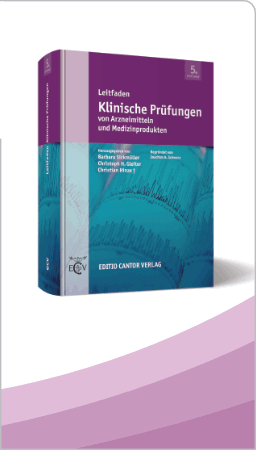Genehmigung von klinischen Prüfungen in Deutschland Qualitative Erfahrungen mit dem Genehmigungsverfahren für klinische Prüfungen bei den deutschen Bundesoberbehörden / Ergebnisse einer Umfrage bei forschenden Arzneimittelherstellern Birgit Wolf1, Dr. Erika Plenz2 und Dr. Thorsten Ruppert3 Sanofi-Aventis Deutschland GmbH1, Berlin, Boehringer Ingelheim Pharma GmbH & Co. KG2, Ingelheim, und Verband Forschender Arzneimittelhersteller e. V.3, Berlin Since the transposition of EU directive 2001/20/EC [1] into the 12th amendment to the German Drug Law (Arzneimittelgesetz) in August 2004 [2], the official approval of a clinical trial by the higher German authorities, the Federal Institute for Drugs and Medical Devices (BfArM) and the Paul-Ehrlich Institute (PEI), has become an important procedural step that must be completed before the clinical trial can be started. The first surveys on the experiences of research-based pharmaceutical companies with the official approval procedure were performed and published in 2005 and 2006 [3]. On the basis of the experiences recorded in these surveys, a further survey was commissioned to identify any improvements in the quality of the approval procedure at the two higher federal German authorities. In addition to the number of clinical trial applications, the questions of the survey also aimed to determine the type and frequency of deficiencies in or objections to applications. |
|
|
pharmind 2009, Nr. 2, Seite 228




